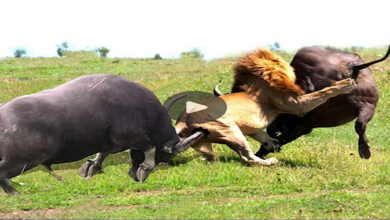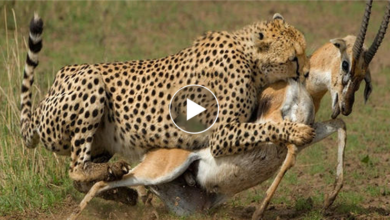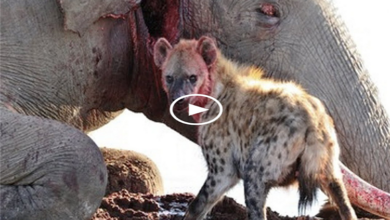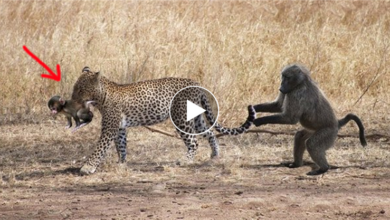Chimpanzee study finds aggressive males who attack females for THREE YEARS ‘dramatically improve’ their chances of fatherhood

For male chimpanzees, there may be a benefit to being a bully.
A study of chimpanzees in Tanzania spanning 17 years found that males that subjected females to long-term aggressive behavior, often including physical attacks, greatly improved their chances of fathering babies with them.
‘It is certainly not a happy message,’ said Arizona State University evolutionary anthropologist Ian Gilby, one of the researchers.
‘Males who directed aggression toward females at high rates were more likely to sire those females’ offspring than less violent males were.
‘This effect was particularly strong for high ranking males (in the chimpanzee community),’ Gilby added.

The study involved an ape species that is a close genetic cousin of humans but the researchers were wary about making conclusions about the origins of sexual violence in people.
‘This effect was particularly strong for high ranking males (in the chimpanzee community),’ Gilby added.
The study involved an ape species that is a close genetic cousin of humans but the researchers were wary about making conclusions about the origins of sexual violence in people.
The aggressive behavior by the males included violent physical attacks including biting and striking that sometimes caused wounds as well as chasing the female and engaging in outbursts in which the male charges and strikes nearby foliage.
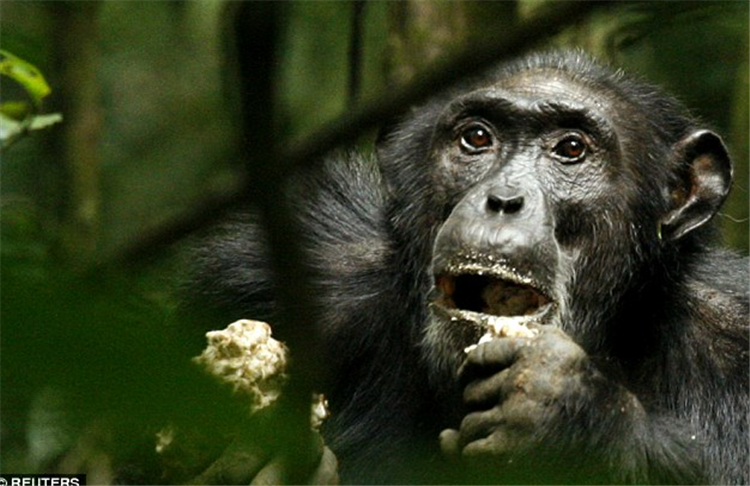
Mating did not take place during or immediately after the bullying.
In fact, it was serial aggressive behavior over two or three years that was particularly effective in later securing fatherhood.
The researchers found that females at their time of peak fertility actively sought to mate with the males that bullied them.
The researchers noted that the evolutionary lineage for humans and chimps split some 7 million years ago and that the mating systems for the two species are different.

‘Nevertheless, recognizing the adaptive value of male-female aggression in chimpanzees may inevitably help us to understand, and hopefully prevent, similar behavior among humans,’ Gilby said.
The research was published in the scientific journal Current Biology.


